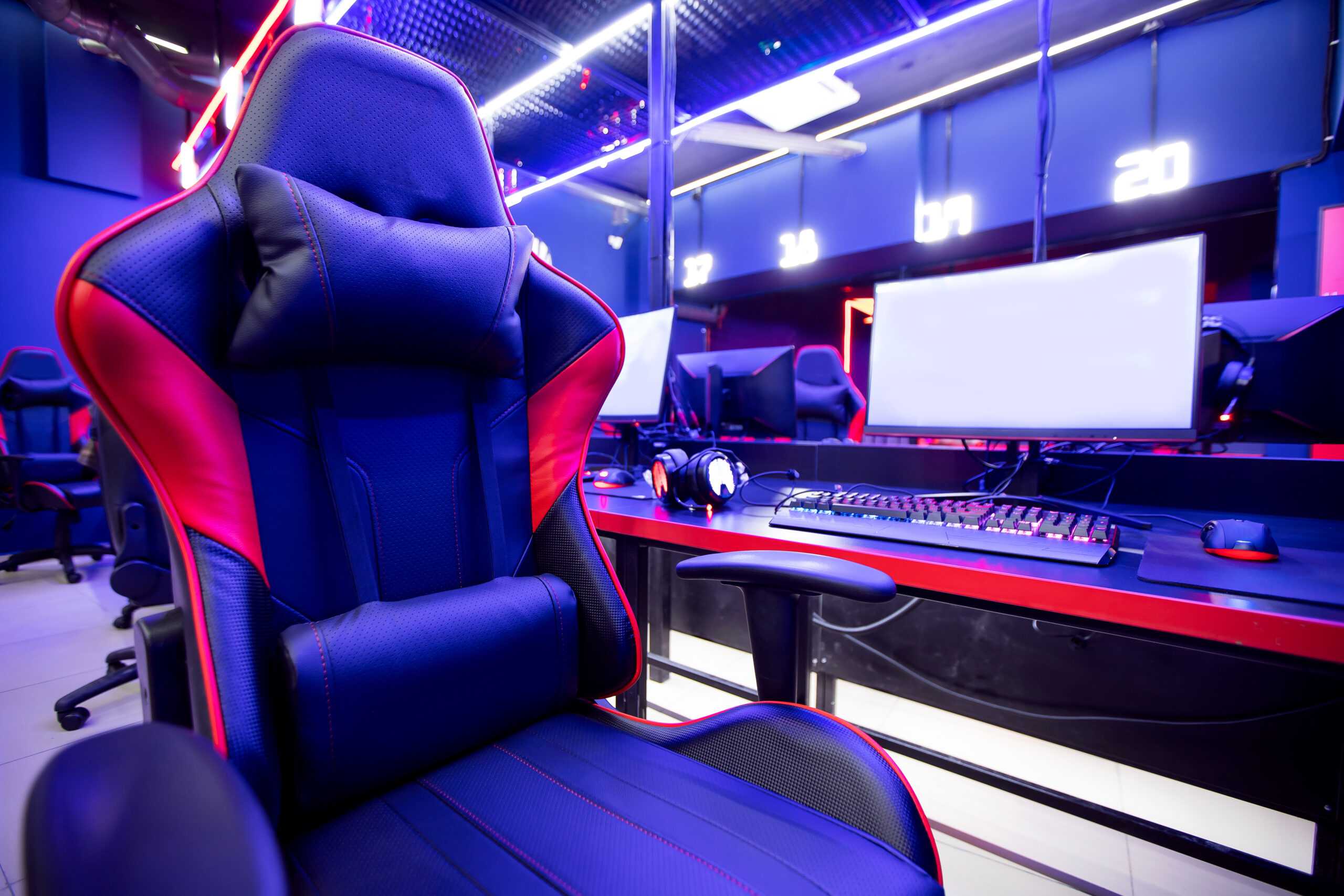The International Olympic Committee (IOC) has announced a new Olympic Virtual Series taking place from May 13th through June 23rd, ahead of the Summer Games in Tokyo. Denmark-based DreamHack Sports Games has been tapped to produce and market the Olympic Virtual Series, which will include virtual representations of Olympic sports rather than familiar esports. The events will include baseball (featuring Konami’s eBaseball Powerful Pro Baseball 2020), auto racing (featuring Sony’s Gran Turismo), cycling via Zwift, rowing, and sailing.
The IOC has yet to officially recognize esports, and though their recent announcement is a step in the right direction, it is a baby step. In 2017 the board said it was in a dialogue with the games industry, but then in 2018, they said calling esports a medal event would be “premature.” This is in direct contrast to the 2022 Asian Games in Hangzhou, China, which has added esports as a medal sport and will utilize well-known games like League of Legends, CS:GO, and Dota 2.
It’s clear that the IOC needs to steer its Olympics towards younger viewers. The median age of the 2016 Summer Olympics viewer was 53 years old, while the 2018 Winter Olympics closed as the least watched in history, averaging 19.8 million viewers per night. Recently, the IOC executive board cited a need to reach Millennials while listing growth in digital engagement, engaging gaming communities, and encouraging the development of virtual sports in its road map.
The IOC’s reluctance to adopt esports as medal events and tiptoe around them with virtual sports is not doing the Olympics any favors. It’s unlikely to move the needle with younger viewers and esports fans, and its Virtual Series doesn’t seem like the kind of content that its existing middle-aged audience will care about. It’s encouraging to see the IOC recognize that it needs Millennials and gaming, but its approach belies its larger misunderstanding of the esports ecosystem.
Interpret’s Esports Replay® shows that 10% of the US population watches both the Winter and the Summer Olympics. Of those viewers, 14% also follow esports, amounting to an estimated 4.5 million people. Rather than targeting a niche within a niche, the IOC should be embracing the top esports games and welcoming teams from across the world to compete.






